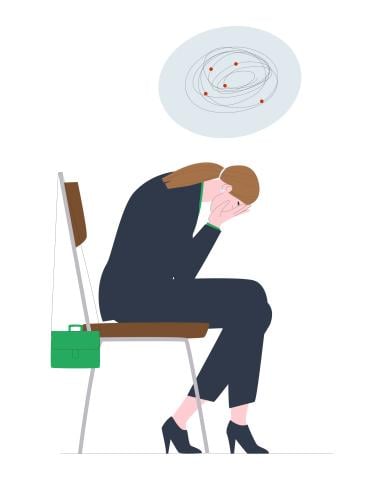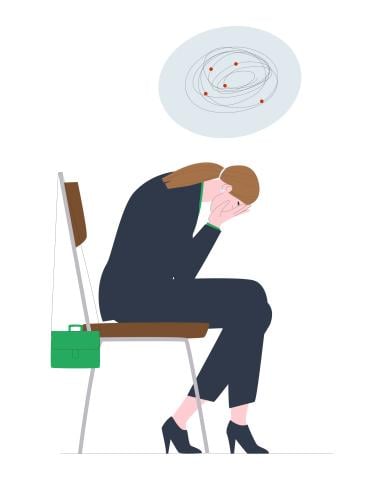Tackling Shy Bladder Syndrome: Understanding and Managing Paruresis
Tackling Shy Bladder Syndrome: Understanding and Managing Paruresis

Understanding Paruresis
Does the thought of using a public restroom fill you with dread? Shy bladder syndrome, or paruresis, is more than a minor inconvenience; it represents a significant performance anxiety disorder affecting countless individuals. An estimated two to seven percent of the population may navigate this challenge, experiencing a spectrum of anxiety levels that can significantly limit their activities.
The Core Features of Shy Bladder Syndrome
Shy bladder syndrome encompasses:
- Intense Stress and Anxiety: Fear of public urination dominates an individual’s thinking and feeling.
- Hypervigilance: There's an over-attention to bladder sensations.
- Emotional Toll: Shame, embarrassment, and isolation are common feelings.
- Avoidance and Safety Behaviors: Strategies to avoid public restrooms and potential embarrassment often reinforce the anxiety in the long-run.
- Life-Quality Impact: Career choices, social engagements, and personal freedom are often curtailed based on fears.
CBT Strategies for Overcoming Paruresis
Specialists in treating paruresis often employ evidence-based cognitive behavioral therapy (CBT) techniques, including:
- Selective Disclosure: Encouraging openness with trusted individuals can significantly lessen the burden of secrecy.
- Gradual Exposure Therapy: This involves tailored exercises to introduce individuals to feared situations, gradually increasing their comfort with public restrooms.
- Mindfulness and Acceptance: These techniques aim to better manage anxiety and reduce avoidance behaviors.
- Cognitive Restructuring: This process involves addressing and reframing negative thought patterns related to restroom use.
- Behavioral Experiments: These strategies involve confronting fears directly to challenge and change unhelpful beliefs.
- Reducing Safety Behaviors: This strategy focuses on lessening reliance on behaviors that may temporarily alleviate anxiety but perpetuate the condition in the long run.
The Importance of Seeking Support
Recognizing that shy bladder syndrome is a widespread issue is the first step toward change. Many individuals suffer in silence, fearing judgment and misunderstanding.
Engaging in therapy and seeking support can be crucial steps in managing shy bladder syndrome effectively. Anxiety-focused psychologists and therapists, and especially those with specializations in social anxiety and performance anxieties, may be able to provide specialized care and strategies to navigate this condition, whether in-person and by telepsychology.
Enhancing Your Quality of Life
Effectively addressing shy bladder syndrome can substantially improve your quality of life, enabling you to make decisions based on your true desires rather than anxiety. From embracing new job opportunities to traveling the world, overcoming paruresis opens the door to a world of possibilities.
Questions for Reflection and Discussion:
- Have you ever avoided certain activities or opportunities due to shy bladder syndrome?
- What coping strategies have you tried, and what was their impact on your condition?
- How could increasing public awareness about shy bladder syndrome influence societal perceptions and support for those affected?
With a comprehensive understanding of shy bladder syndrome and access to effective treatment strategies, individuals can reclaim their independence and engage more fully in their lives. If you're struggling with paruresis, remember that you're not alone, and help is available.
Begin your journey toward empowerment today by exploring the resources provided by ADAA and the International Paruresis Association (IPA) and consider reaching out for professional support.
For individuals in the Philadelphia area seeking more detailed information and resources on managing shy bladder syndrome, it can be found on the Center for Anxiety, OCD, and Cognitive Behavioral Therapy's shy bladder page at https://anxietyocdphilly.com/overcoming-shy-bladder-philadelphia/.





















